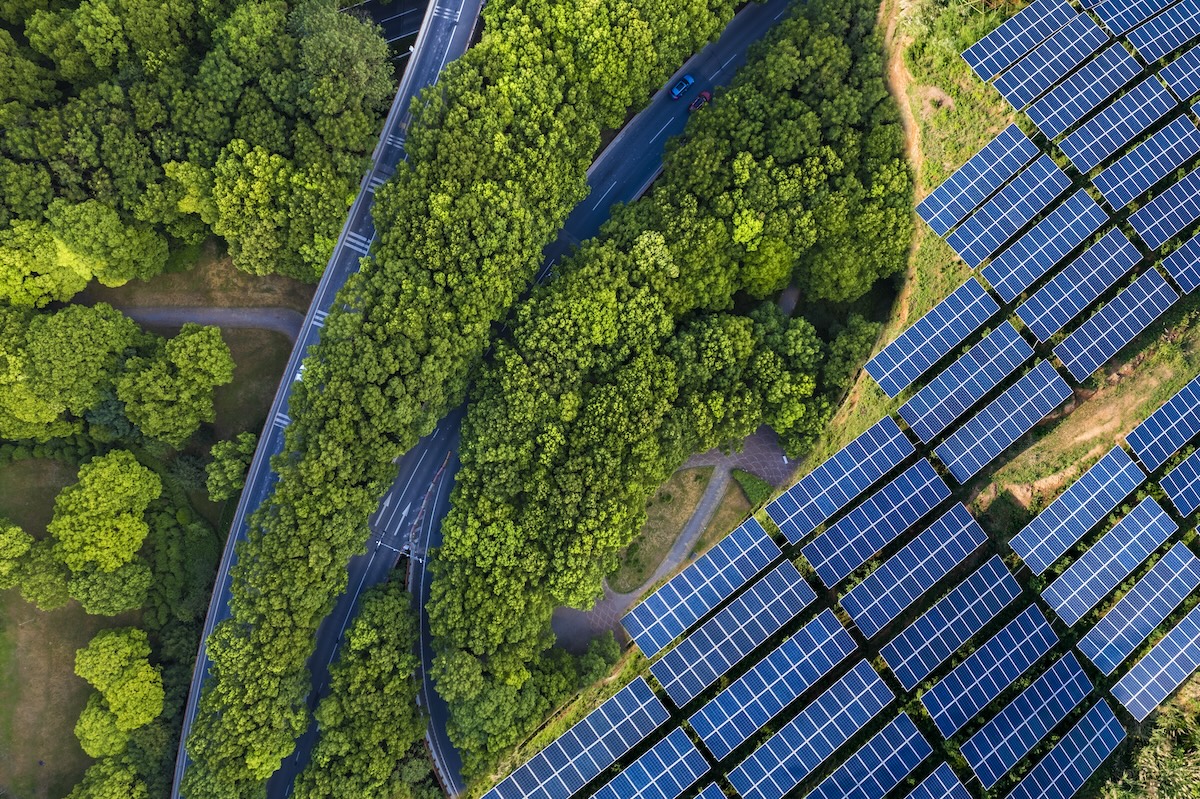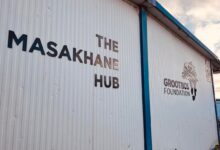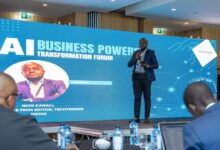SEforALL and IBM Unveil AI Solutions for Energy and Urban Growth

“At IBM, we’re proud to launch solutions that harness the power of artificial intelligence to have an impact for communities around the world,” said John Matogo, Corporate Social Responsibility Leader for Africa & the Middle East at IBM.
“Collaborating with organizations such as Sustainable Energy for All through our IBM Sustainability Accelerator program helps us unlock innovation and work more closely in communities to tackle some of our biggest challenges, especially around energy and sustainable urban development.”
Damilola Ogunbiyi, CEO and Special Representative of the UN Secretary-General for Sustainable Energy for All, and Co-Chair of UN-Energy added “At Sustainable Energy for All (SEforALL), we believe that integrating AI in the energy sector planning and evidence – especially for developing countries will go a long way in designing comprehensive solutions for many of the developmental challenges currently facing the Global South and its people.”
”The Open Building Insights (OBI) Tool, that SEforALL has developed in collaboration with IBM, will help energy planners overcome critical data gap challenges to inform energy access and energy transition interventions, and better deliver results for those most in need.”
In 2022, IBM began collaborating with SEforALL through the IBM Sustainability Accelerator program. First, IBM worked with the SEforALL team through the IBM Garage, IBM’s collaborative engagement model. During the IBM Garage phase of the project, the organizations conceptualized and designed two AI solutions and an online platform to create a current and future view of buildings in regions of Africa and India.
Open Building Insights
Open Building Insights (OBI) is an interactive online platform running on IBM Cloud. OBI visually consolidates data in a map, providing information related to buildings in countries addressing urban planning challenges, such as building location, height, footprint area, and usage type. This visual consolidation makes AI models’ output easy to understand for non-technical users and empowers stakeholders to make informed decisions about sustainable urban development.
OBI’s interactive map consolidates models created by the German Aerospace Center (DLR), which estimates buildings’ heights, by Open Energy Maps, which provides information about electricity status and consumption, and by IBM.
The brand-new AI model developed by IBM runs on IBM Cloud and was built using the IBM watsonx AI and data platform. It uses building-specific data – including its footprint, number of floors, roof image, location and other map data – to determine whether a building is residential or non-residential. This categorization is key to determining the energy needs of a certain urban area.
OBI is available for free to the public, containing information across all of Kenya, and is already being used in the country for energy planning. Based on information from the OBI platform, developed by IBM, Makueni County in Kenya obtained valuable insights to implement measures that are projected to benefit around 1,139,000 citizens by 2030.
The IBM model and DLR model are also available through OBI for the state of Maharashtra in India.
Modeling Urban Growth
Modeling Urban Growth (MUG) is an open-source AI model designed to predict where cities will grow. The model is trained on, and validates, historical data from satellite images; geographic data, such as slope and elevation; demographic data; and structural data, such as road layout, combining the data into a time series.
MUG helps users to map future urbanization and associated infrastructure needs, enabling decision makers to prioritize communities and developing regions that need support for issues like electrification and energy services. MUG is an AI Alliance project and is publicly available and open source on GitHub.
The model is currently trained on data from Africa, including, Nigeria, Benin, Togo, Ghana, Cameroon, Uganda, Kenya, Democratic Republic of the Congo, Tanzania, Rwanda, and Malawi. However, the model is designed to be re-trained by users for any country in the world, using publicly accessible data. On GitHub, MUG includes an explanatory guidebook on running the code and making predictions using the same or different datasets, which further expands access to developers and decision-makers.
Recognizing the potential of this work to provide even greater insights for city planning and development through the power of AI, IBM has extended its collaboration with Sustainable Energy for All through the IBM Sustainability Accelerator. The organizations will initially focus on continuing to expand the Open Building Insights online platform in India and will explore integrating the Modeling Urban Growth AI model into the platform.
Follow us on Telegram, Twitter, and Facebook, or subscribe to our weekly newsletter to ensure you don’t miss out on any future updates. Send tips to editorial@techtrendsmedia.co.ke


